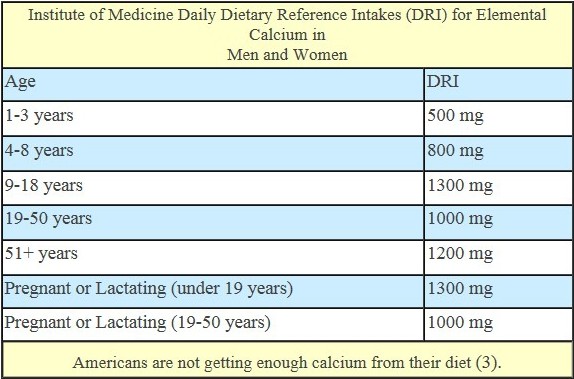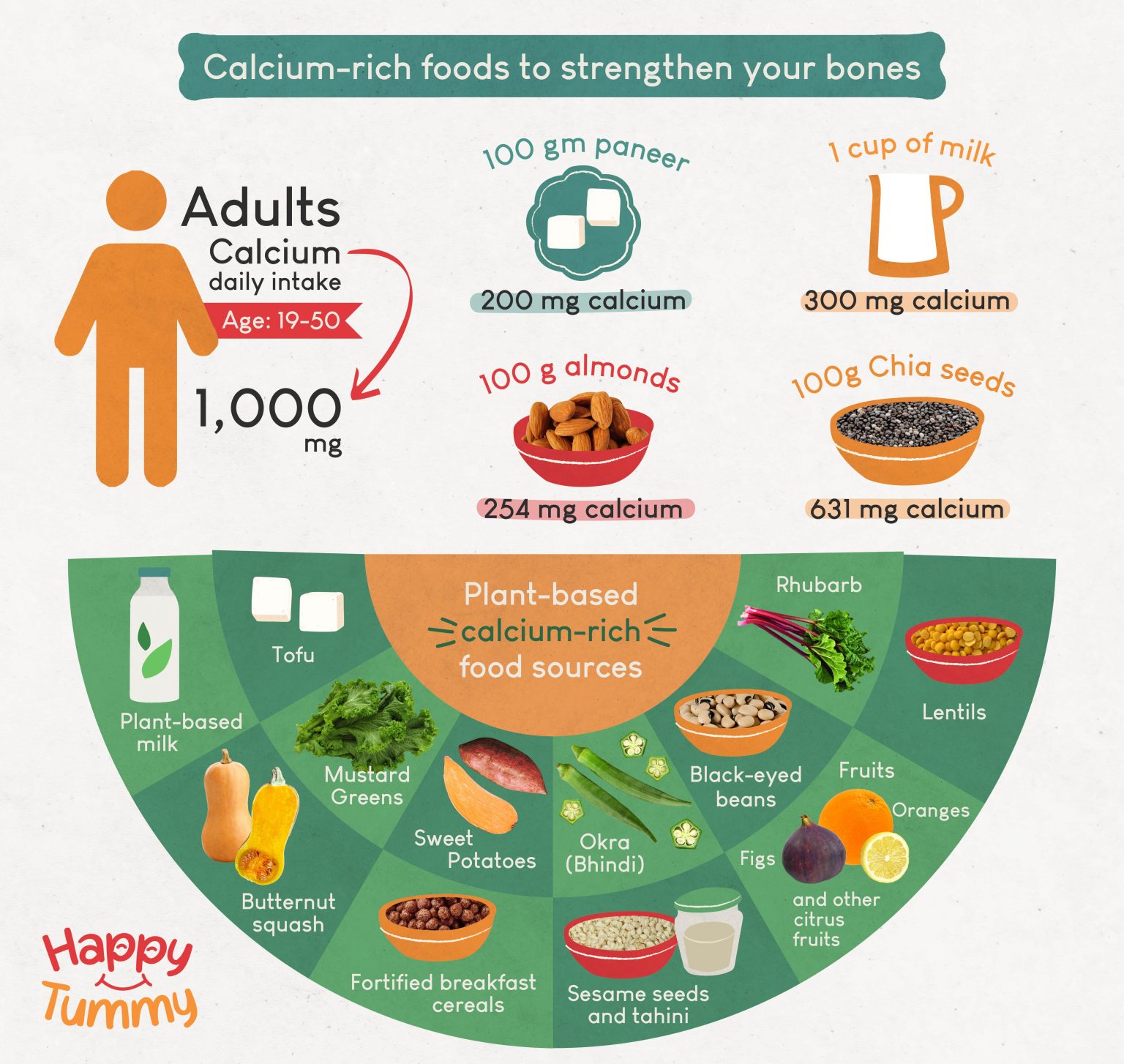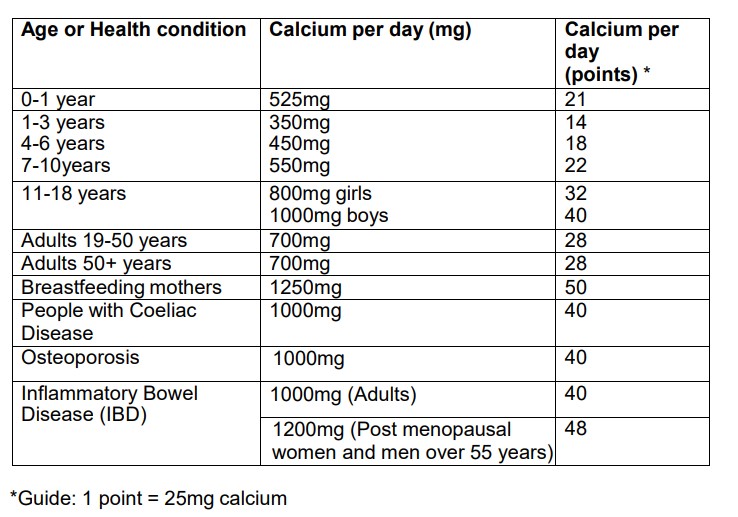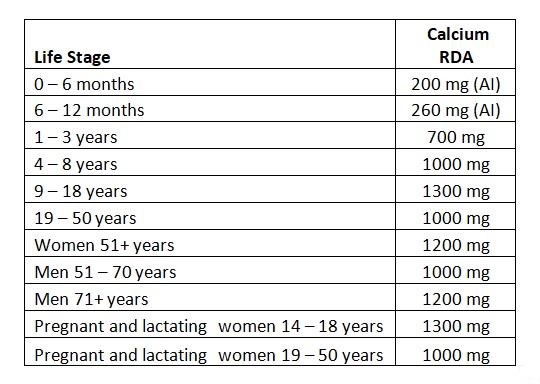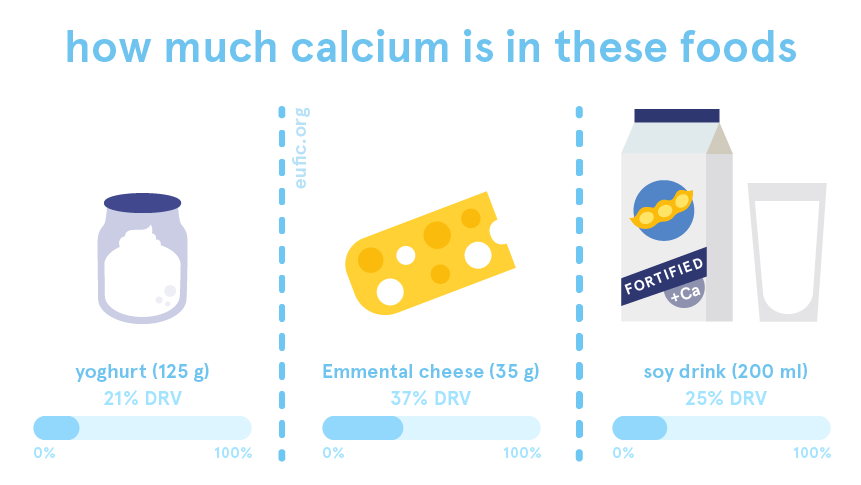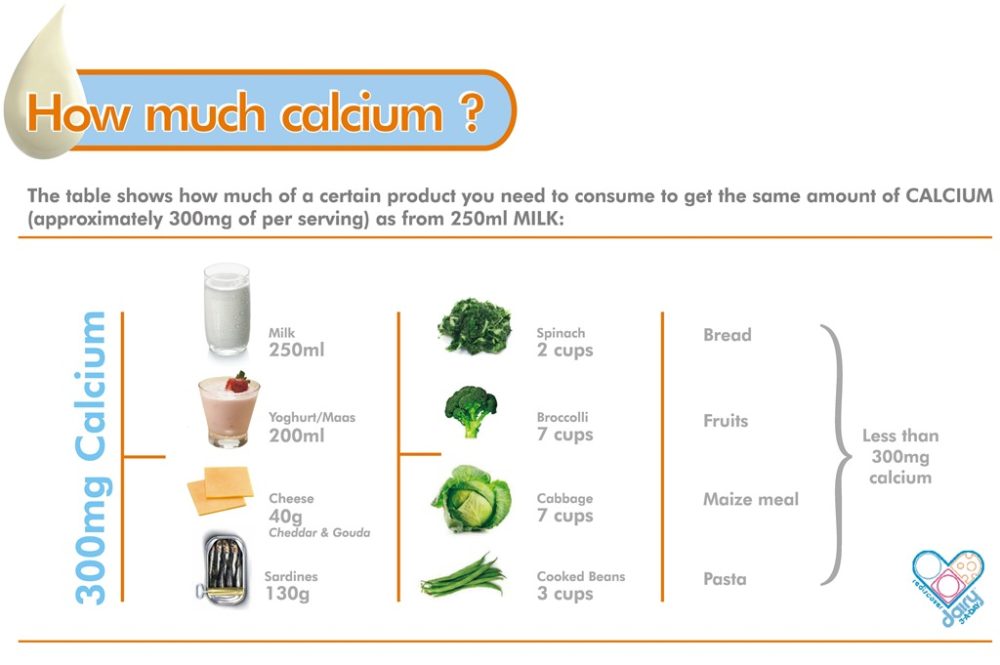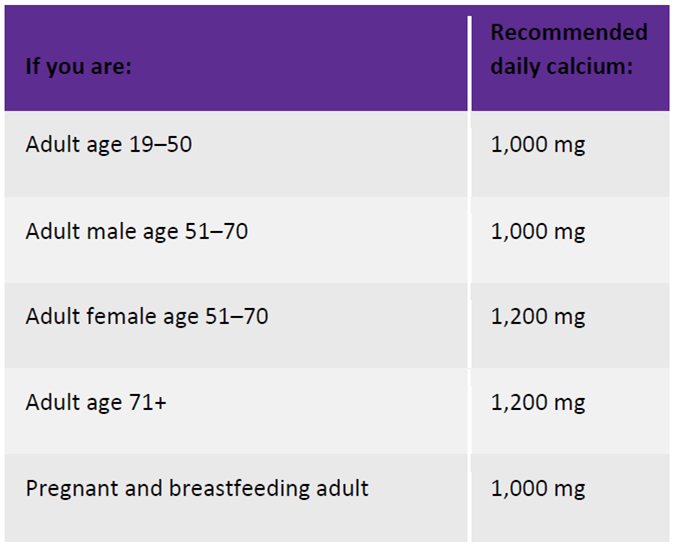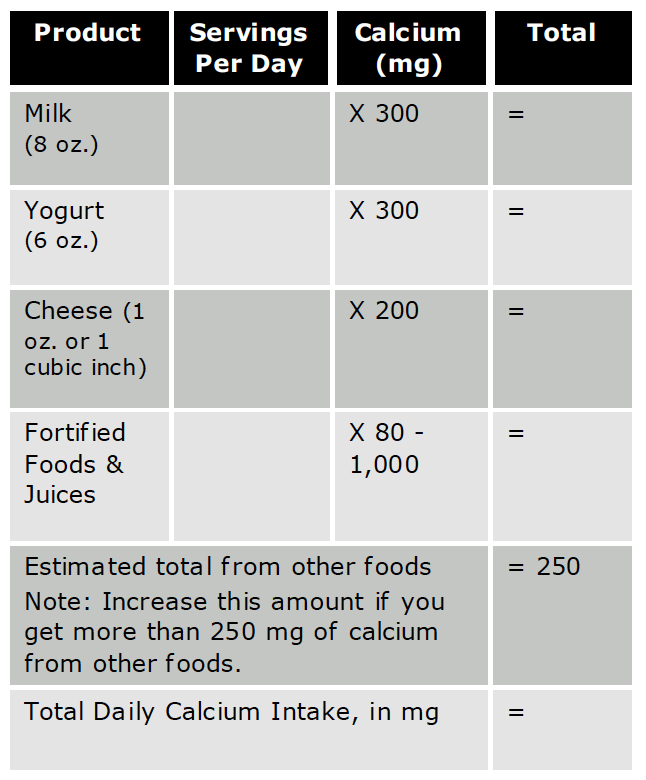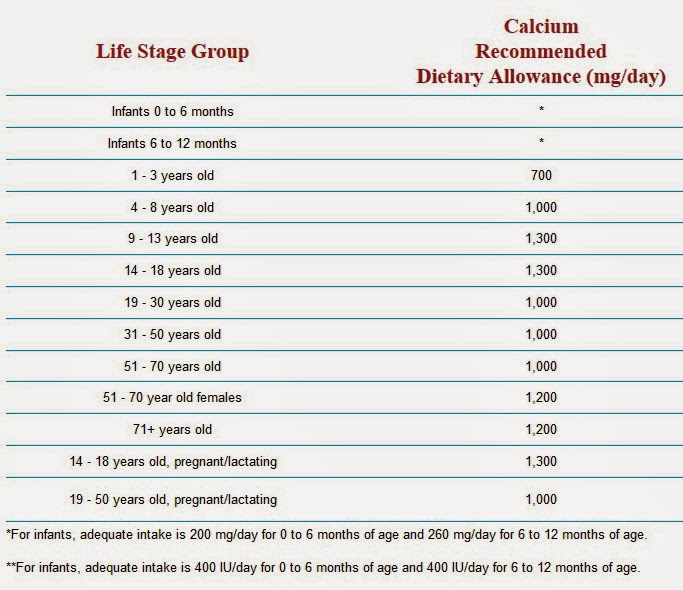How Much Calcium Should I Take Per Day

Imagine sunlight warming your skin as you sip a refreshing glass of milk. You might instinctively think of strong bones, a vibrant smile, and overall good health. But how much of that bone-boosting, teeth-strengthening goodness, also known as calcium, do you actually need each day?
Understanding your daily calcium needs is crucial for maintaining optimal health at every stage of life. From building strong foundations in childhood to preserving bone density in older age, calcium plays a pivotal role. This article explores recommended daily calcium intakes based on age and life stage, helping you make informed choices about your diet and supplementation.
The Foundation of Strong Bones: Why Calcium Matters
Calcium is a mineral essential for a wide range of bodily functions, with its most well-known role being the maintenance of healthy bones and teeth.
Beyond skeletal health, it also plays a vital role in muscle function, nerve transmission, blood clotting, and hormone secretion.
When your body doesn't receive enough calcium through diet, it starts drawing it from your bones, leading to weakened bones and an increased risk of osteoporosis.
Decoding the Numbers: Recommended Daily Calcium Intake
The recommended daily calcium intake varies depending on your age and life stage, as indicated by the National Institutes of Health (NIH).
For children aged 1-3 years, the recommendation is 700 mg per day. This increases to 1,000 mg for children aged 4-8 years.
Teenage Years: A Critical Window
During adolescence (ages 9-18), the body experiences rapid growth, necessitating a higher calcium intake of 1,300 mg per day.
This is the prime time for building bone mass, setting the stage for lifelong skeletal health.
Adulthood: Maintaining Bone Density
For adults aged 19-50, the recommended daily intake is 1,000 mg.
This remains consistent until women reach menopause, when needs begin to increase.
The Golden Years: Prioritizing Bone Health
Women over 50 and men over 70 should aim for 1,200 mg of calcium per day to help slow bone loss associated with aging, according to the NIH.
Pregnancy and Breastfeeding: Supporting Two
Pregnant and breastfeeding women need the same amount of calcium as other adults of their age, which is 1,000 mg for those aged 19-50, says the NIH.
However, their bodies become more efficient at absorbing calcium during this period to meet the increased demands of fetal development and milk production.
Food First: Natural Sources of Calcium
While supplements can be helpful, prioritize obtaining calcium through a balanced diet. Dairy products like milk, yogurt, and cheese are excellent sources.
Non-dairy options include leafy green vegetables (kale, spinach), fortified plant-based milks, tofu (if processed with calcium), and canned sardines or salmon with bones.
Vitamin D is essential for calcium absorption, so ensure you're also getting enough sunlight or consuming vitamin D-rich foods.
Supplement Savvy: When to Consider Calcium Supplements
If you're struggling to meet your daily calcium needs through diet alone, supplements can be a valuable addition.
However, it's essential to consult with your doctor or a registered dietitian before starting any supplement regimen. They can help determine the appropriate dosage and form of calcium supplement for your individual needs.
According to the Mayo Clinic, taking more calcium than the tolerable upper intake level (2,500 mg per day for adults 19-50, 2,000 mg per day for adults over 50) can increase the risk of side effects like constipation and kidney stones.
Listening to Your Body: A Holistic Approach
Ultimately, understanding your daily calcium needs is a journey of self-discovery.
Pay attention to your body's signals, prioritize a balanced diet rich in calcium-rich foods, and work with your healthcare provider to determine if supplementation is right for you.
By taking a proactive approach to your bone health, you can build a strong foundation for a vibrant and active life for years to come.
Remember, investing in your bone health is an investment in your overall well-being.



